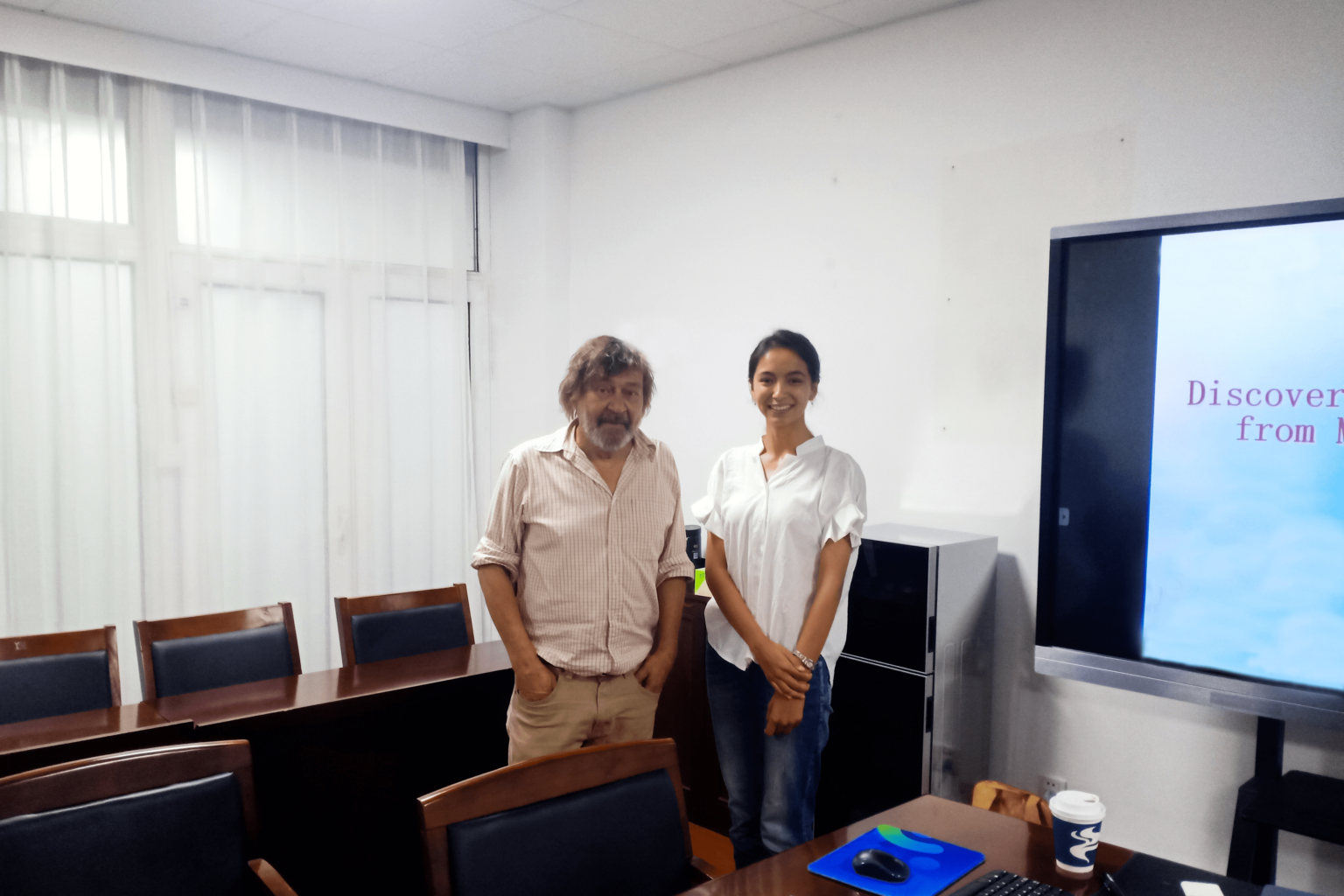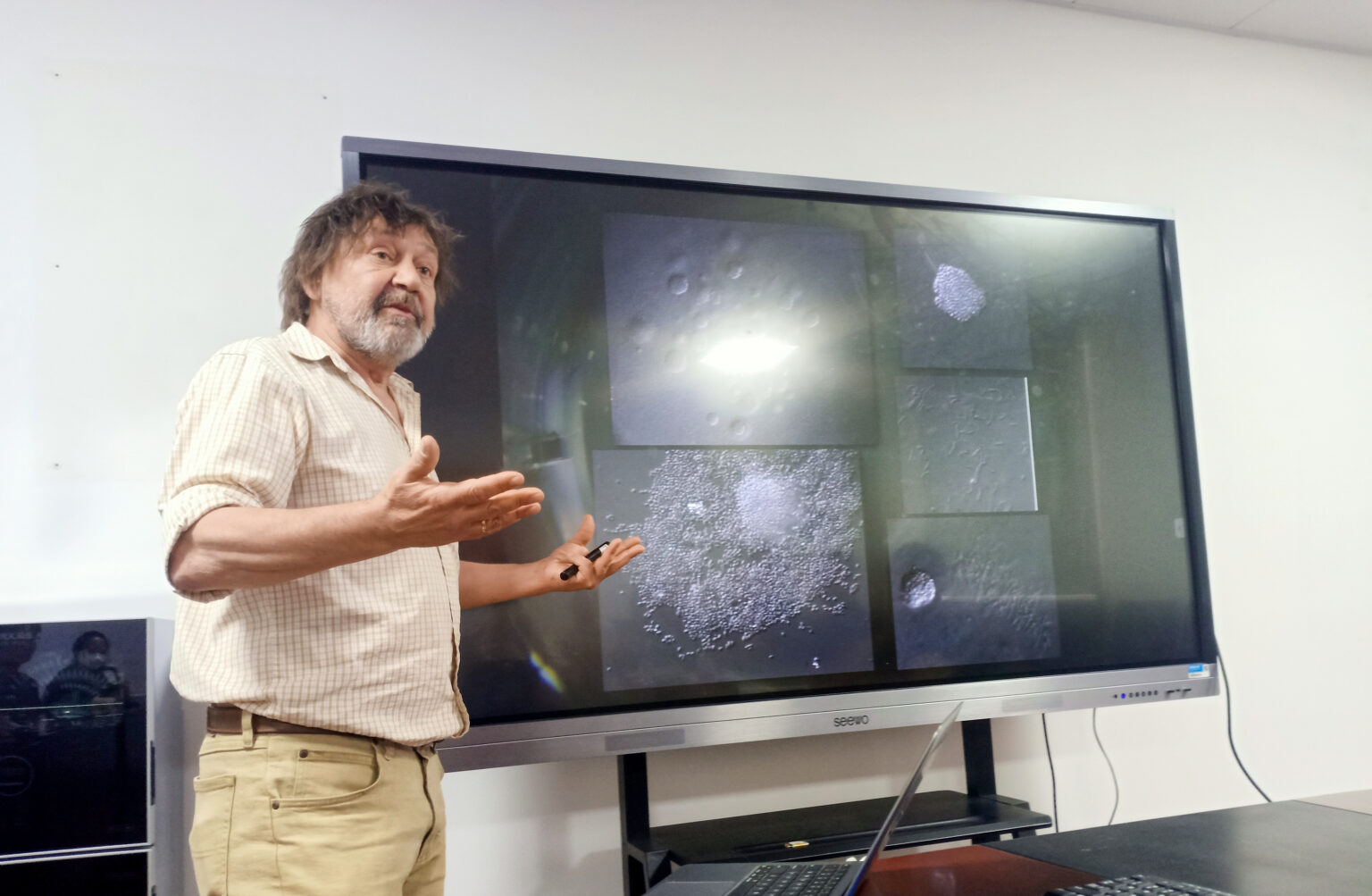The microbial dark matter
Learning about the work on discovering novel antibiotics from microbial dark matter was a profound experience for me.
Makliya Mamat / June 13, 2023
In the early to mid-1900s, there was a constant stream of new antibiotics being discovered one after the other. Microbiologists studied the microscopic organisms that surrounded us, identifying naturally occurring compounds that these microbes used to fend off their competitors. However, in recent times, we have consumed all readily available resources and there are now only a few new antibiotics in the developmental stage.
Although microbiologists in the past have discovered various antibiotics by studying microbes, there are still many bacteria that have not been fully analyzed as they do not grow in petri dishes like others. In fact, approximately 99% of all bacteria cannot be grown in laboratories.
Despite these challenges, there is exciting new research happening that offers hope for discovering new antibiotics. Professor Slava Epstein and his team are exploring the vast, unexplored world of microbial dark matter to uncover previously unknown sources of these life-saving compounds.
Professor Epstein’s work involves using new cultivation techniques and innovative approaches to studying microbes that are difficult to grow or study. By doing so, they have found new strains of bacteria that produce compounds with antibiotic properties.
Professor Epstein’s approach is groundbreaking, in that it focuses on exploring the largely uncharted realm of microbial dark matter. This offers new hope for combating antibiotic resistance, which is one of the most significant challenges facing modern medicine.
Antibiotic resistance occurs when bacteria evolve to become resistant to drugs that were once effective, making it difficult or even impossible to treat infections. But by finding new sources of antibiotics like the microbial dark matter that Professor Epstein and his team are working with, we may be able to develop new drugs that can overcome antibiotic resistance and save lives.
I myself experienced the excitement of Professor Epstein’s innovative work firsthand. When I attended one of his talks, I was struck by his energy and passion for his research. He explained the concept of microbial dark matter and the potential for discovering novel antibiotics within it.
During the Q&A, we discussed the challenges of uncovering microbial dark matter and the importance of interdisciplinary collaboration. Afterward, I was fortunate enough to speak with Professor Epstein one-on-one and was struck by his kindness and humility. His work represents an important step forward in the search for new antibiotics and highlights the importance of exploring and understanding the microbial world.

Contents
Newsletter
- Updates from Makliya Notes will be delivered to your inbox.


